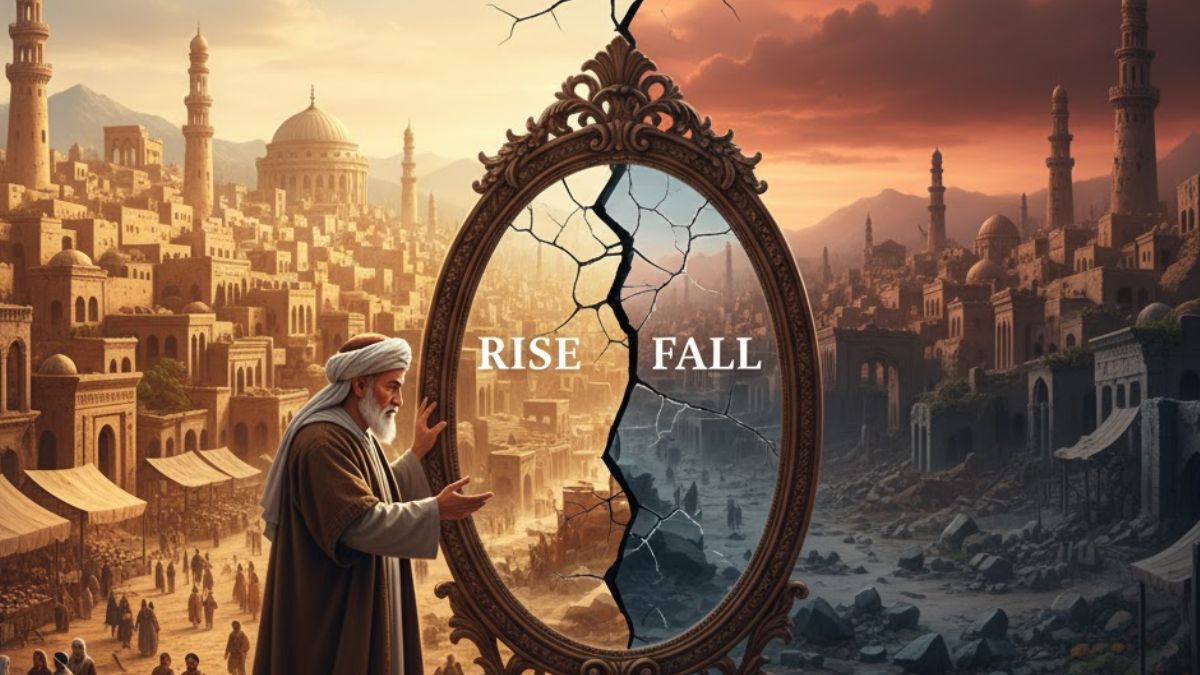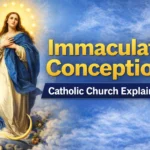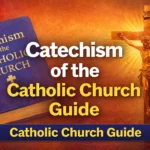Seven centuries ago, the great Arab historian and philosopher Ibn Khaldun penned words in his Muqaddimah that read less like history and more like prophecy.
A conquered people inevitably develop a fascination for their conquerors. They adopt the victor’s uniform, his medals and golden buttons engraved with emblems of power, his marks of honor, his manners and etiquette, even his customs and traditions. They begin to weave the conqueror’s past into their own history. In time, they imitate not only his ways of living but even his gait and gestures. The reason is simple: those who are defeated come to believe, almost blindly, in the superiority and mastery of those who subdued them.
A subjugated society, over time, surrenders its moral values. The longer the age of oppression endures, the deeper the decay. Its people sink, mentally and physically, beneath even the level of beasts, until life itself is reduced to nothing more than the pursuit of bread and base desire.
When states collapse and civilizations decline, they are flooded with astrologers and beggars, hypocrites and charlatans, gossip-mongers, fortune-tellers reading from stones, jurists who sell fatwas for coin, false narrators, arrogant singers with harsh voices, mocking poets, thugs, drummers, pretenders to truth, horoscope-makers, flatterers, satirists, opportunistic politicians, and rumor-peddling travelers. Masks of deception fall every day, yet no one believes their eyes. The untalented are celebrated as masters, while true talent is forgotten. Governance rots, words lose their meaning, honesty is blurred with falsehood, and even the struggle for justice is branded as terrorism.
When nations unravel, fear spreads like wildfire. People retreat into factions and tribes, strange occurrences are magnified into omens, rumors multiply, and fruitless debates drag on endlessly. Friends become enemies, enemies become friends. Falsehood shouts while truth is silenced. Suspicious faces abound, while kind and sincere ones vanish. Dreams of hope grow scarce, and despair takes root. The wise grow estranged, personal identity dissolves, and people cling only to their sect, faction, or party.
Amid the clamour of preachers, the voice of reason and scholarship is drowned. In marketplaces, chaos reigns, and loyalty is auctioned away. Nationalism, patriotism, faith, and religion lose their essence, and even blood relatives accuse one another of betrayal.
At last, conditions deteriorate to a single path of escape—migration. People dream of fleeing their circumstances. Emigration swells, the homeland becomes no more than a transit inn, lives are reduced to travel bags, pastures fall desolate, the homeland fades into memory, and memories themselves into stories.
Ibn Khaldun—may God have mercy on you! Were you gazing into our future? Seven centuries ago, you described with clarity the very symptoms of decline that we, even today, remain blind to see.










